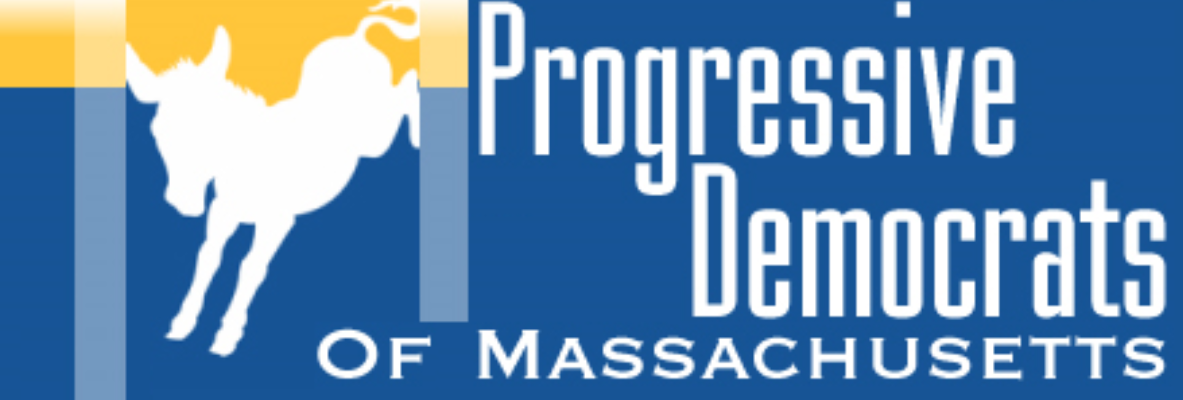The Massachusetts Legislature continues to display its long-running and pervasive dysfunction. Some recent examples tell the story:
For an in-depth explanation of how over-centralization of power, lack of professional expertise and resources and other factors have created this high level of dysfunction, including a dearth of transparency and accountability, please see our report The Massachusetts Legislature: Democracy in Decline. The report was released in November 2021 and was prepared by the Legislative Reform Working Group convened by Progressive Democrats of Massachusetts.
The MA Legislature has kept the State House closed to the public – the only one in the country that remains closed in Jan. 2022 – which is perhaps symbolic of its lack for transparency and accountability. Meanwhile, legislative business continues to ignore deadlines, lack careful execution and be rushed through at the last minute. (Boston Globe Editorial, 1/4/21, “ ‘People’s house’ still shuttered, but crucial work lies ahead.”)
- Covid-related emergency voting reforms (e.g., no excuse mail-in and early in-person voting) expired (again) on Dec.15, 2021, with the Legislature failing to pass permanent changes.
- Essential legislation to implement mental health parity, which has been the law in theory for some time, has not been passed.
- Fixes to the governance of the state’s Soldiers’ Homes have not been passed despite the presence of a good bill developed largely in responses to the 76 Covid-related deaths at the Holyoke Home in early 2020. Neither legislative chamber has held a floor vote on the bill.
- Key elements of police reform were assigned (by the bill passed in late 2020) to commissions to study and make recommendations on them. The joint commissions charged with the use of facial recognition software, qualified immunity, and police officer hiring and training, have failed to meet deadlines, make recommendations, or produce any legislation.
- Commissions and task forces on corrections and juvenile detention officer training, on corrections funding, on early education and care funding, and on changing the state seal also failed to produce timely results.
- Corrections to a 2016 bill regulating the conditions for raising egg-laying chickens and pork-producing pigs were delayed until days before its Jan. 1, 2022, effective date, , just averting a crisis in the supply of eggs and pork in MA. (Lisinski, C., 12/20/21, “Mass. Legislature passes animal welfare law changes, set to ease egg supply fears,” WGBH and State House News Service.)
- Five years after marijuana legalization, laws on driving under the influence have not been updated. In January 2019, a commission recommended over a dozen changes in the law, and Governor Baker filed a bill to make those changes, but the Legislature has not acted. (Boston Globe Editorial, 12/28/21, “Toking and driving just isn’t cool.”)
- The spending of $3 billion of federal Covid-relief (ARPA) funds MA received in early 2021 and $5 billion of state surplus funds identified in June 2021, was delayed by the Legislature until December 2021. It was finally approved in an informal session with only a handful of legislators participating. (Murphy, M., & Doren, S., 1/18/21, “ARPA and surplus spending might have to wait until 2022,” WBUR and State House News Service; Young, C., 9/15/21, “More than 90% of state’s ARPA money not allocated,” WBUR and State House News Service.)
- A law updating dangerousness detention standards to protect domestic violence victims has not been passed despite the Governor filing it three times. (Boston Globe Editorial, 12/27/21, “Victims make their case for better protections.”)
- The Legislature has failed to adopt joint rules to govern the operation of joint committees, the primary policy-making vehicle for the Legislature, a year after the beginning of this legislative session.
- The annual MA state budget has not been passed on time for the last 11 years, nor for 18 of the last 23 years.
- Roughly 2/3 of substantive state policy-making happens through outside sections of the budget, thereby bypassing the normal legislative process that gives the public and the full Legislature the opportunity to have any input.
